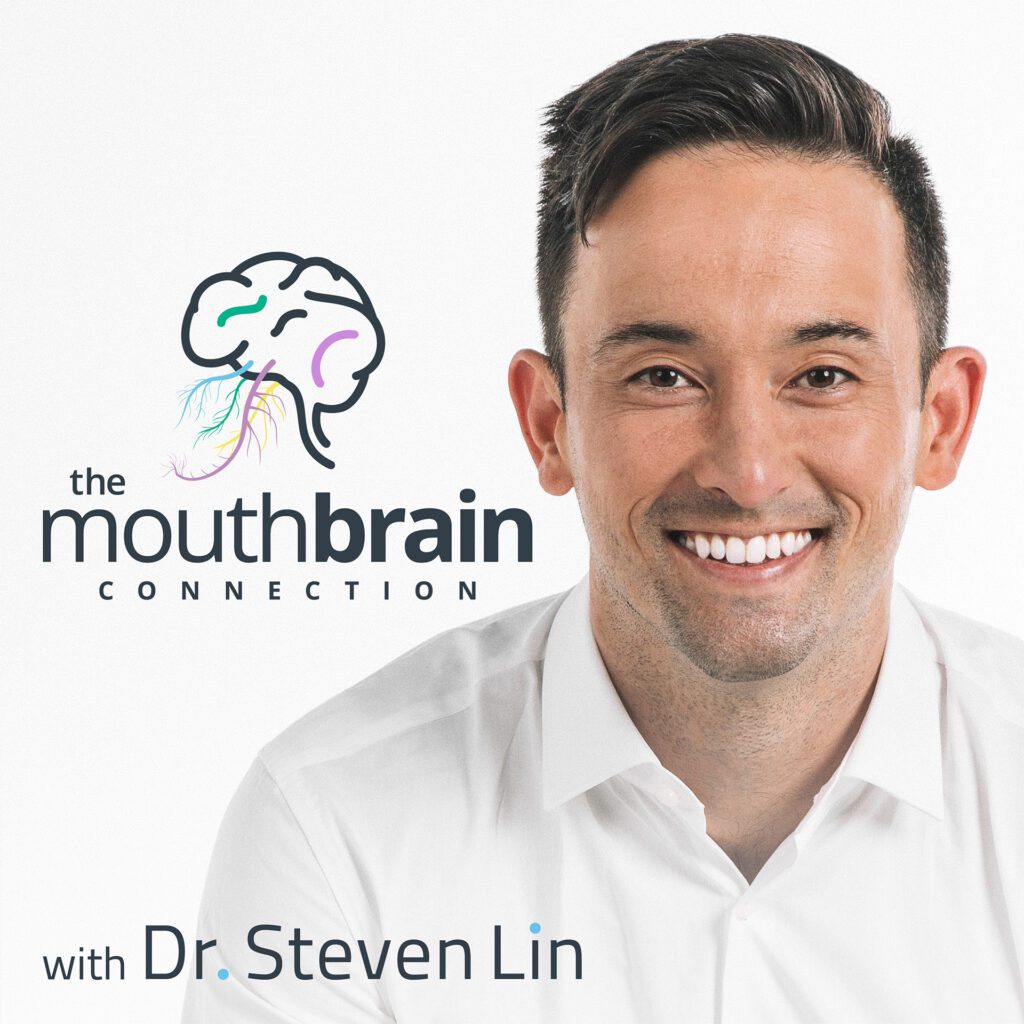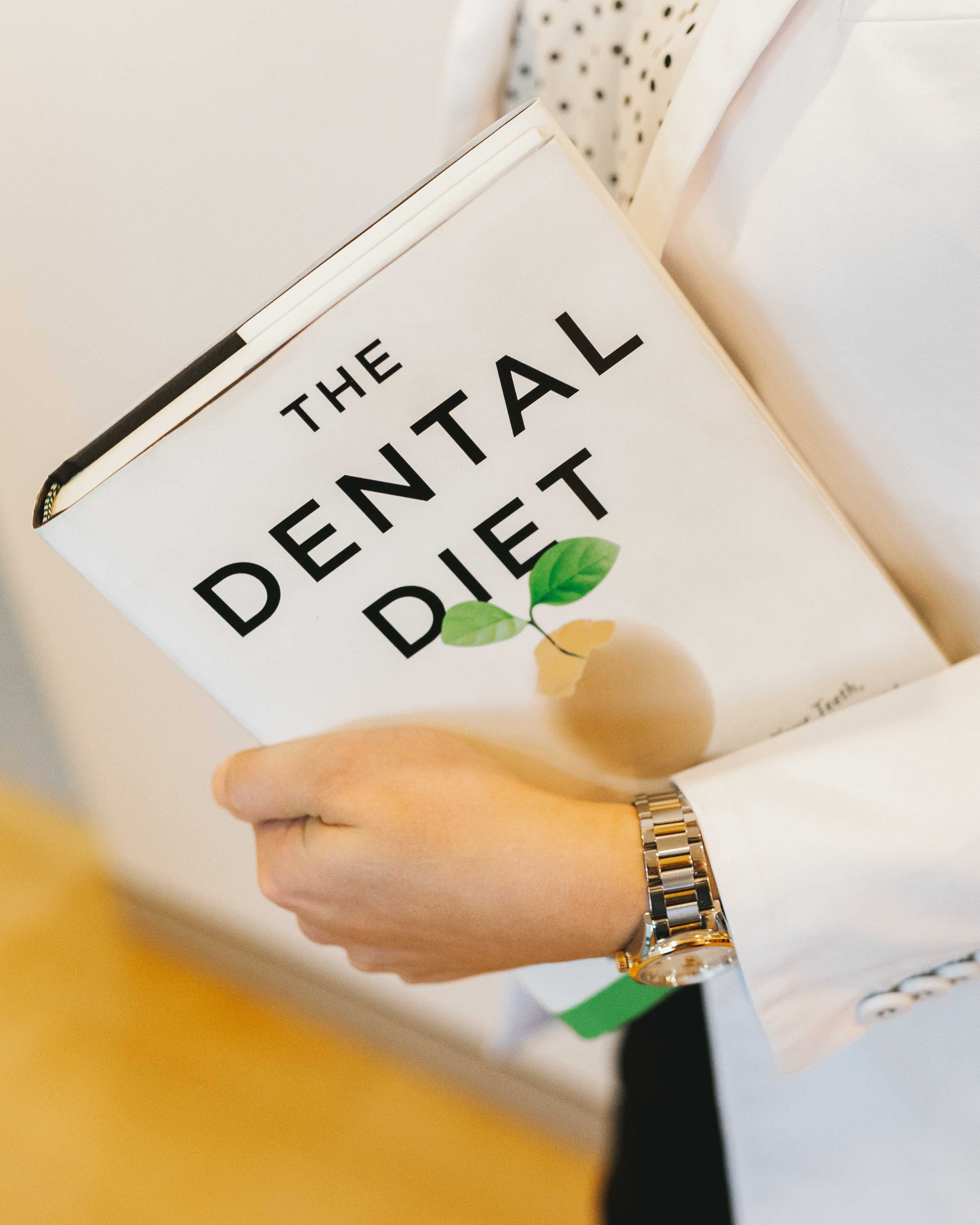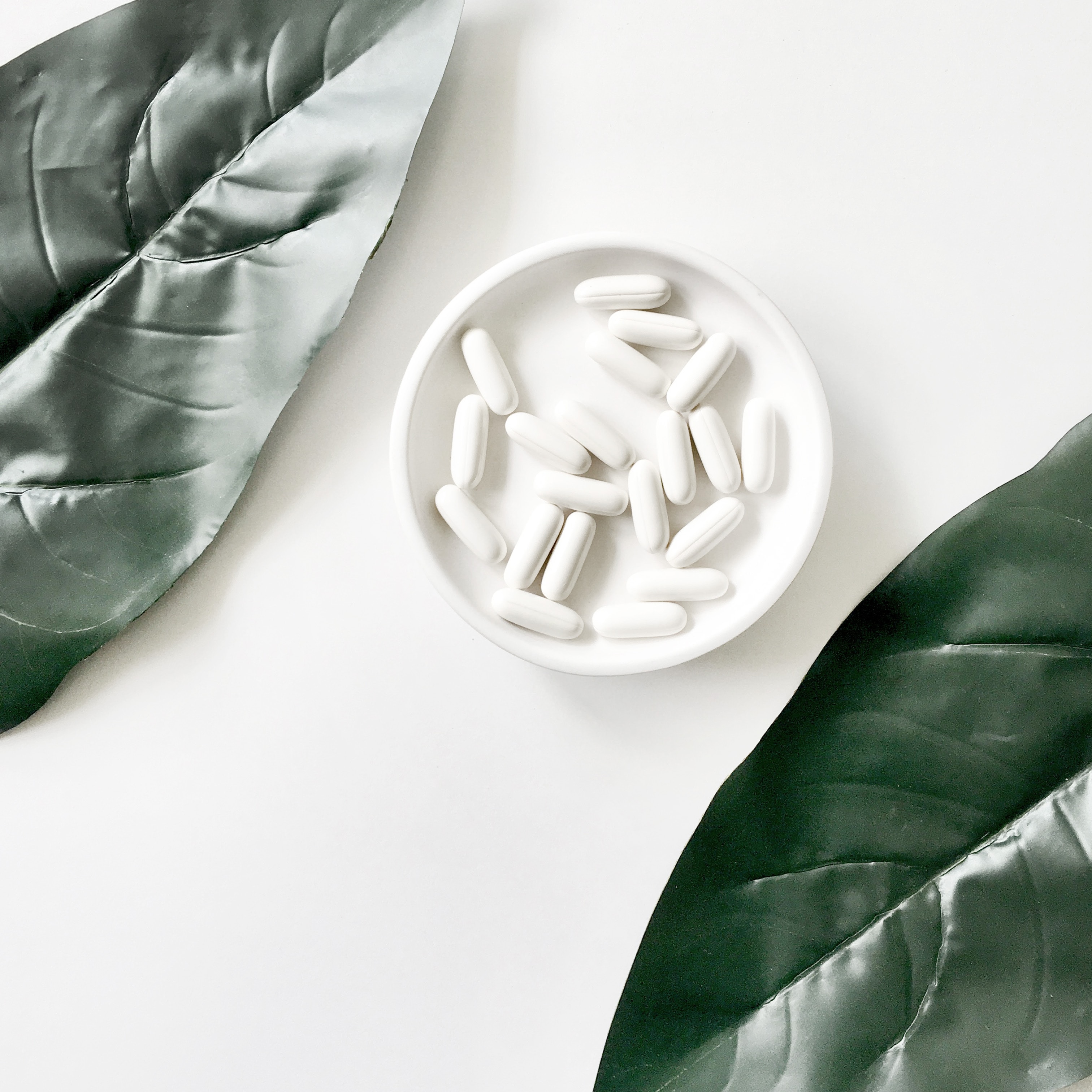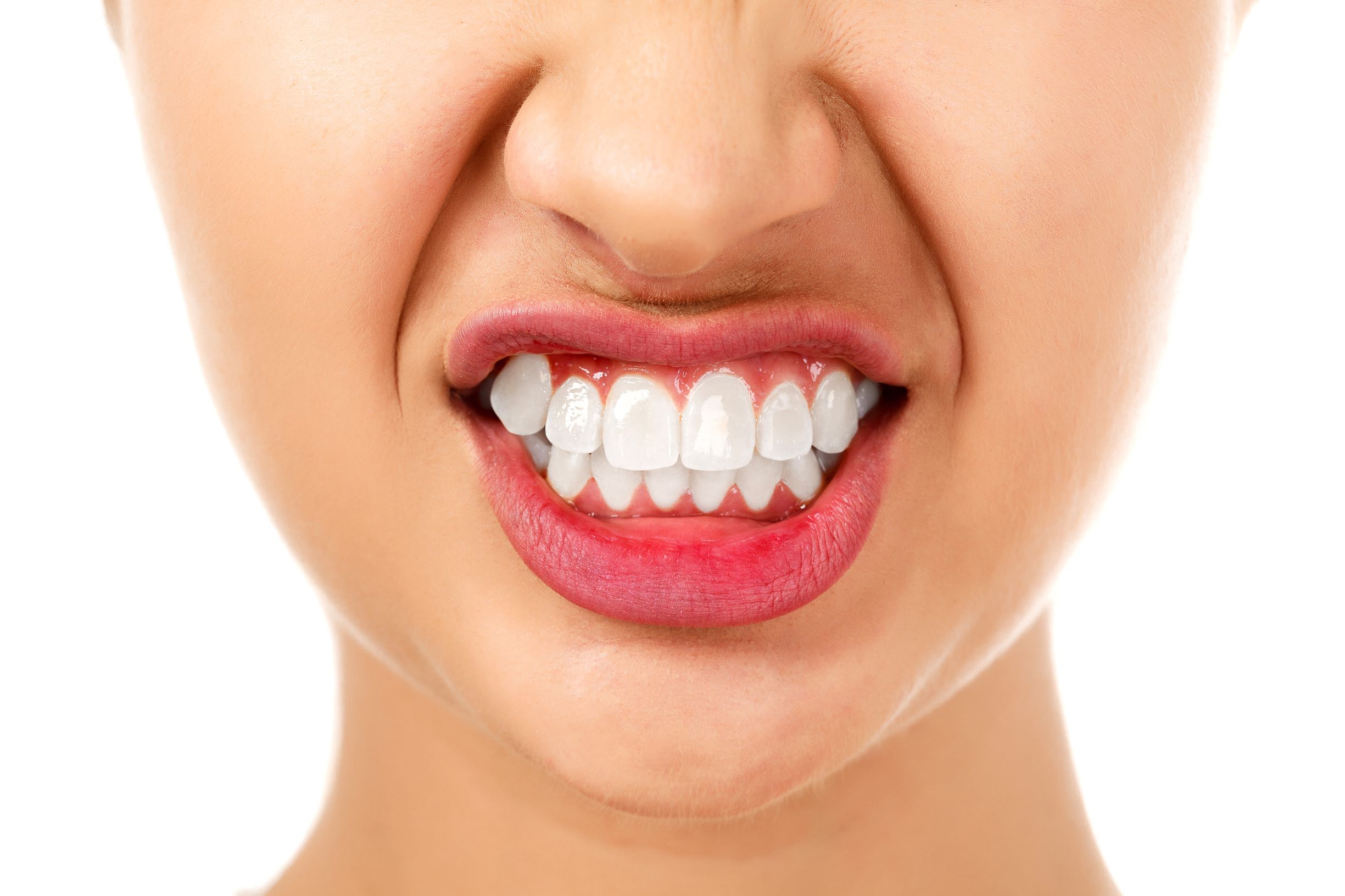Xylitol is one of the polyols, which are alternatives to sugar that are often used in food manufacturing. And, although Xylitol has been used for decades, the controversies surrounding it have been raging for almost as long. There is a body of research available on the benefits and possible negative effects of Xylitol for dental health, all with mixed recommendations. Many of my patients ask for advice on use of products containing Xylitol, which motivated me to write on this topic. The good news is Xylitol is unlikely to have negative impacts on your or your children’s dental health. To the contrary, research supports its potential benefits in preventing dental caries.
The main benefit of Xylitol is that it’s derived from birch bark and fruit and is a sugar alcohol rather than pure sugar. This means that although it’s equally as sweet as sugar, like all the other polyols it contains around 40 percent less calories. Clearly this is great news for those wanting to lose weight. But the question still most often asked is; is Xylitol good or bad for your teeth?
Although studies into the effects of Xylitol now number into the hundreds, there is still no firm evidence that it acts in a similar way to sugar and results in dental caries. By the same definition though, there is little evidence to suggest it can reduce the number of caries either. Yet, one study in particular which was published in 2009 goes a long way toward indicating that, in children at least, Xylitol may prevent dental erosion (Milgrom, et al. 2009).
One of the debates about the benefits of Xylitol is that it is no different to any other alternative sweetener including artificial ones. This is because they are normally added to products such as gum or lozenges, which, simply by the act of chewing increases the amount of saliva. Since saliva contains many beneficial bacteria and compounds, which protect against tooth decay, then the argument has always been that no one sweetener is more beneficial than another because it’s the chewing action that matters.
But the 2009 study got around this argument by giving Xylitol to children aged 9 to 15 months in an oral syrup, which takes out the chewing and increased saliva factors. What they discovered was, although 24.1 percent of children taking the Xylitol 3 times per day had tooth decay at the end of the study period, this was significantly lower than the 52 percent of children in the control group who were not given Xylitol.
So, it would seem that at least with the chewing factor removed and in toddlers, Xylitol does have some benefit for teeth. Here most scientists agree and attribute this to the effect Xylitol has on specific strains of the bacteria, Streptococci Mutans, which are known to cause tooth decay. In short, chewing Xylitol reduces the number of these bacteria, which is thought to be at least one reason why it works (Maguire and Rugg-Gunn 2003).
When it comes to children in particular though, several clinical trials undertaken around 2000 showed that when mums-to-be chewed gum containing Xylitol regularly, it actually resulted in a reduced number of Strep Mutans in their children and this continued at least until the children were up to 5 years of age (Isokangas, et al. 2000).
The message then seems to be that products containing Xylitol are unlikely to harm your teeth and most likely will act in a beneficial capacity. For mums-to-be though the message is probably a bit more significant – regularly chewing gum or lozenges containing Xylitol during pregnancy, could well reduce the number of dental treatments your child has to face at least during the first 5 years of life.
Health. Lifestyle. Laughter
Works Cited
Choi, J. E., J. N. Waddell, K. M. Lyons, and J. A. Kieser. “Intraoral pH and temperature during sleep with and without mouth breathing.” Journal of Oral Rehabilitation 43, no. 5 (May 2016): 356-363.
Isokangas, P, E Söderling, K Pienihäkkinen, and P. Alanen. “Occurrence of dental decay in children after maternal consumption of xylitol chewing gum, a follow-up from 0 to 5 years of age.” Journal of Dental Research 79, no. 11 (Nov 2000): 1885-1889.
Maguire, A, and A J Rugg-Gunn. “Xylitol and caries prevention — is it a magic bullet?” British Dental Journal 194 (April 2003): 429-436.
Milgrom, Peter, DDS, et al. “Xylitol Pediatric Topical Oral Syrup to Prevent Dental Caries, A Double-blind Randomized Clinical Trial of Efficacy.” Arch Pediatr Adolesc Med 163, no. 7 (Jul 2009): 601-607.












